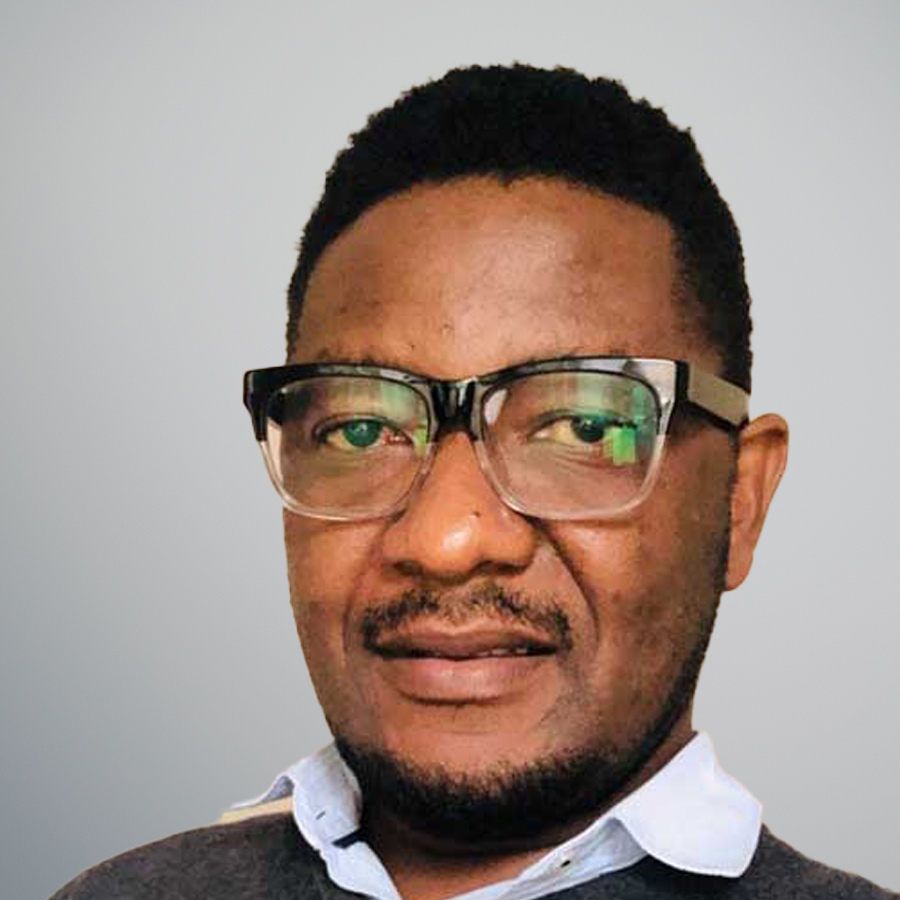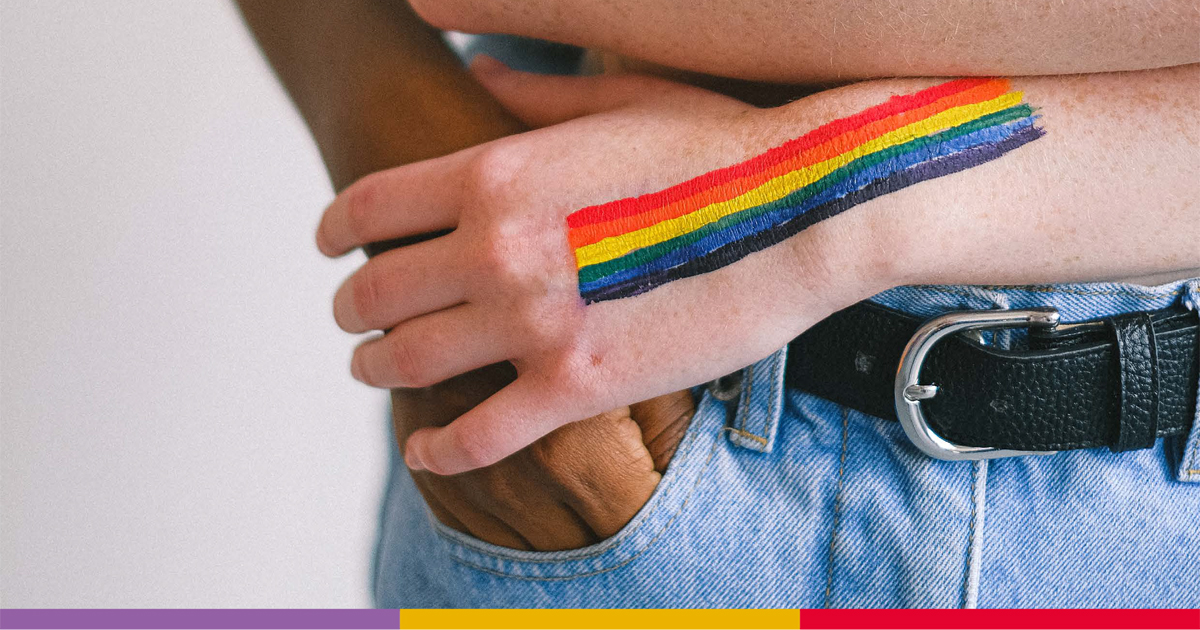The Centre for Human Rights, Faculty of Law, University of Pretoria (Centre) co-hosted a virtual meeting on colonialism and sexual orientation and gender identity with the United Nations Independent Expert on Sexual Orientation and Gender Identity on 6 July 2023. The meeting brought together experts on colonialism, coloniality and decolonisation in relation to sexual and gender diversity from across the world.
The purpose of the expert meeting was to foster an evidence-based dialogue to exchange knowledge and views on the enduring impacts of the colonial regulation of sexuality and gender, with the ultimate idea to develop a more thorough understanding of the systemic root causes of contemporary forms of discrimination, violence and human rights violations against sexual and gender minorities. The expert participants provided various views and key points on colonialism, decolonisation, and reparatory justice as they relate to sexual and gender diversity. The views shared by experts during the meeting will feed into the Independent Expert’s thematic report due for submission to the United Nations General Assembly this October.
The meeting was opened by Professor Frans Viljoen, Director of the Centre, who provided the background to the meeting and the thematic issues to be discussed. Thereafter, the Independent Expert presented the upcoming report's structure, working theories and substantive aspects. He reiterated that the expert meeting was meant to complement written submissions already received by his mandate towards the content of his upcoming thematic report.
Pursuant to his mandate, the Independent Expert will present the thematic report to the 78th session of the United Nations General Assembly, with a focus on the historic and ongoing impacts of colonialism on the enjoyment of human rights by sexual and gender minorities. ln particular, the report will examine the past and present colonial regulation of sexual orientation and gender identity through laws, policies and practices, and how such regulation continues to impact the lives of sexual and gender minorities, including through layers of cultural influence and social mores on concepts of gender and sexuality. The Report also aims to establish connections between the legal and social regulation of sexual orientation and gender identity within the context of colonialism and contemporary discriminatory laws, policies, practices, and discourses, that affect the enjoyment of the rights of sexual and gender minorities protected under international human rights law. Finally, the report will shed light on practices and alternatives for reparations, foregrounding human rights law’s role in providing justice for victims of colonial violence.
The Centre wishes to thank the Independent Expert and his team for the collaboration and looks forward to a continued working relationship with the mandate. The Report of the Independent Expert will be posted on the Centre’s website after it is made public in October 2023.
For more information, please contact:

Professor of International Human Rights Law
Tel: +27 (0) 12 420 3228
Fax: +27 (0) 86 580 5743
frans.viljoen@up.ac.za

Acting Manager: SOGIESC Unit
Tel: +27 (0) 12 420 4397
Fax: +27 (0) 86 580 5743
landilani.banda@up.ac.za


